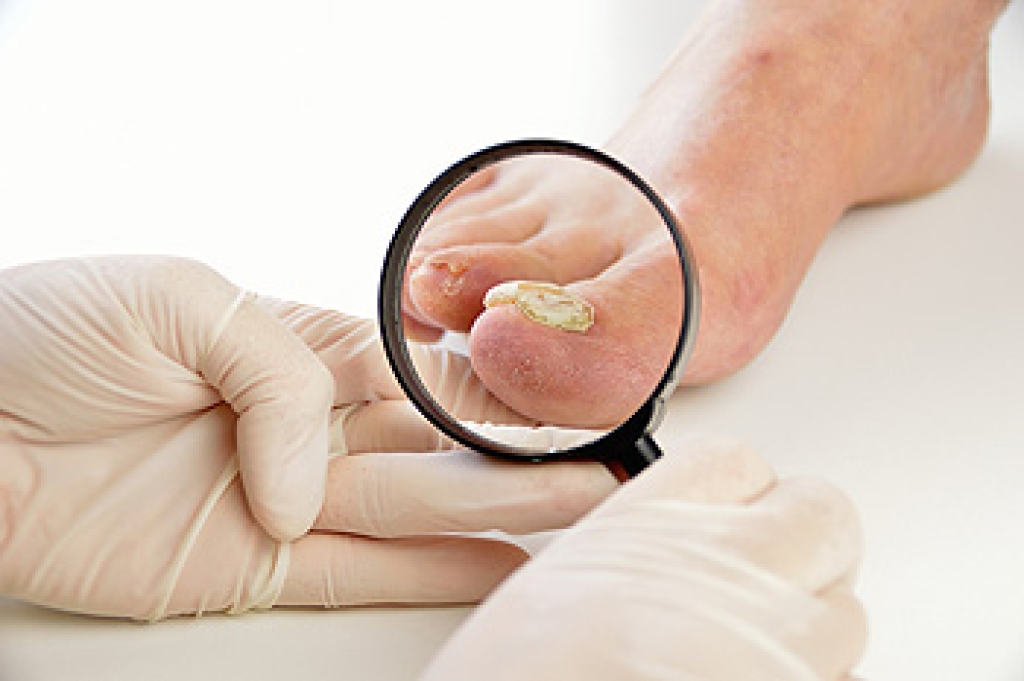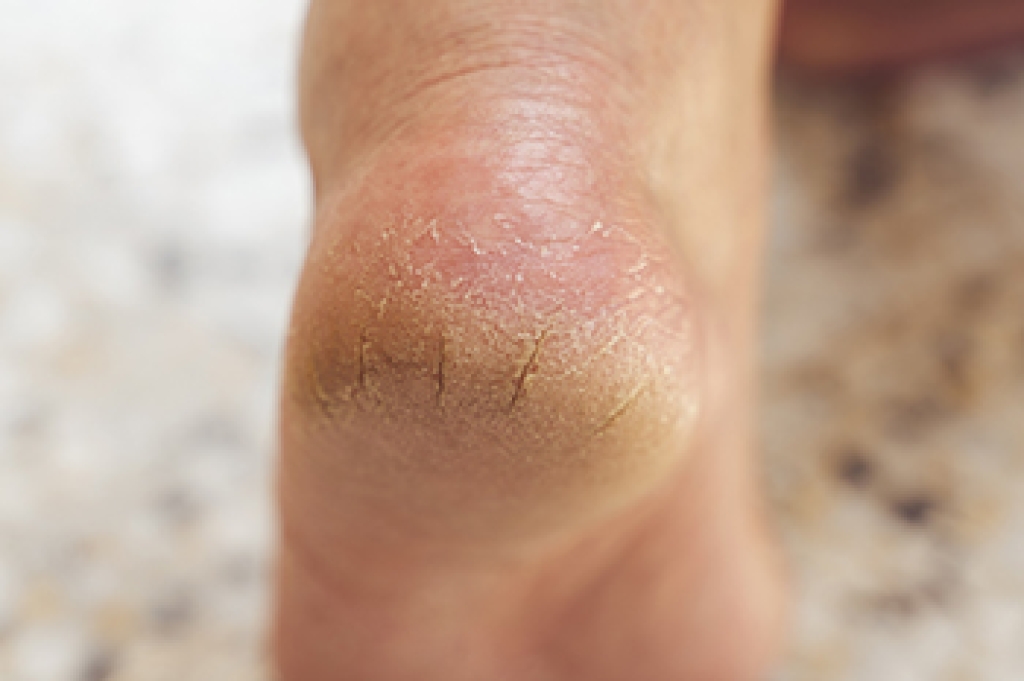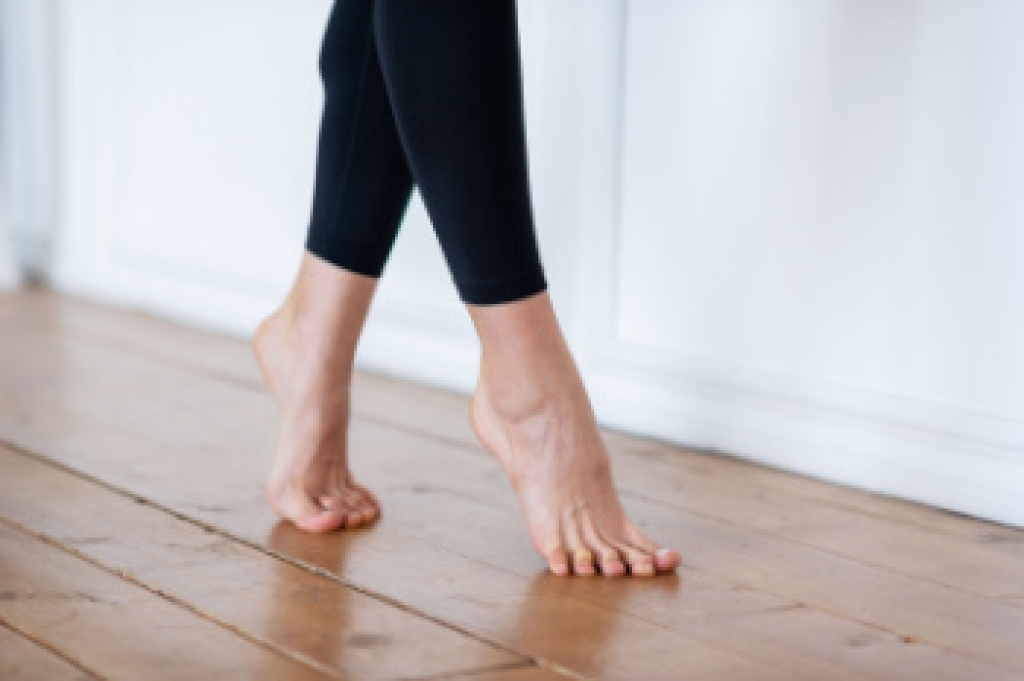
Toenail fungus develops when fungi enter the nail through small openings in the skin, and certain factors increase the risk of this happening. Tight shoes that place ongoing pressure on the toenails and walking barefoot in warm, damp areas like pools or locker rooms increase exposure to fungal organisms. Repeated nail damage from sports or rubbing inside shoes also creates openings where fungus can grow. People with circulation problems in the feet, including long-term vascular issues, have a higher risk because the body has a harder time fighting infections in the toes. Constant moisture around the toenails, artificial nails on the toes, and skin conditions that affect the nail surface can also increase vulnerability. A podiatrist can assess nail discoloration, thickening, or shape changes and provide the appropriate treatment, including surgery when needed. If you have toenails that have changed in appearance, it is suggested that you make an appointment with a podiatrist for a diagnosis and treatment.
If left untreated, toenail fungus may spread to other toenails, skin, or even fingernails. If you suspect you have toenail fungus it is important to seek treatment right away. For more information about treatment, contact Gary Saphire, DPM of Parkway Podiatry. Our doctor can provide the care you need to keep you pain-free and on your feet.
Symptoms
- Warped or oddly shaped nails
- Yellowish nails
- Loose/separated nail
- Buildup of bits and pieces of nail fragments under the nail
- Brittle, broken, thickened nail
Treatment
If self-care strategies and over-the-counter medications does not help your fungus, your podiatrist may give you a prescription drug instead. Even if you find relief from your toenail fungus symptoms, you may experience a repeat infection in the future.
Prevention
In order to prevent getting toenail fungus in the future, you should always make sure to wash your feet with soap and water. After washing, it is important to dry your feet thoroughly especially in between the toes. When trimming your toenails, be sure to trim straight across instead of in a rounded shape. It is crucial not to cover up discolored nails with nail polish because that will prevent your nail from being able to “breathe”.
In some cases, surgical procedure may be needed to remove the toenail fungus. Consult with your podiatrist about the best treatment options for your case of toenail fungus.
If you have any questions please contact our office located in Brooklyn, NY . We offer the newest diagnostic and treatment technologies for all your foot and ankle needs.












